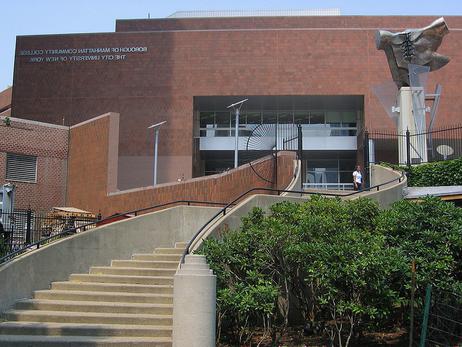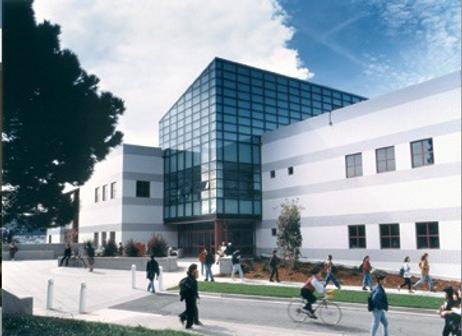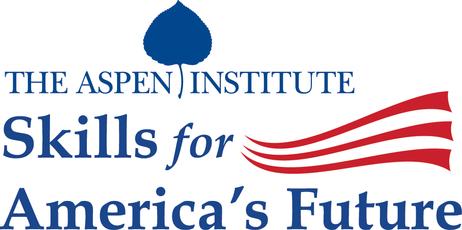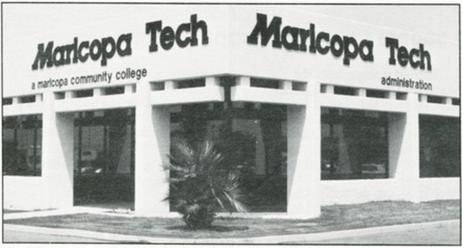Community colleges in California are struggling, and at this point, it’s anybody’s guess how the problems with higher education in the state will eventually shake out. While much of the late focus on California community colleges has centered on San Francisco City College's accreditation threats, this isn’t the only school getting low marks from the Accrediting Commission for Community and Junior Colleges. Many two-year schools around the state appear to be in trouble, although some are currently in hotter water than others. Can these schools, vital to the student population and the state's employment outlook, pull themselves out of the holes they are slowly sinking into?
Accreditation Sanctions Running Rampant
According to a report in the Sacramento Bee, numerous California community colleges across the state are in trouble with the accreditation commission. Three schools, including San Francisco City College, face the most severe “show cause” sanctions. In addition, 10 campuses have been placed on “probation” status, and another 14 have received “warning” status. All the schools have been given specific guidelines to improve their status by the subsequent accreditation evaluation; however, the three schools in the direst circumstances also have the most work to do.
“The problems colleges have run into with accreditation are abnormally acute at this point in California,” David Baime, senior vice president of the American Association of Community Colleges, told the Sacramento Bee. “The colleges in California have been subject to such savage budget reductions that it has



















